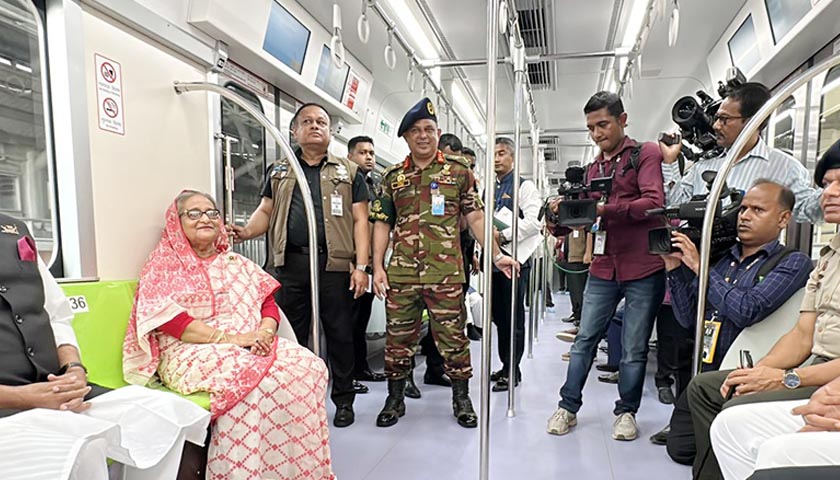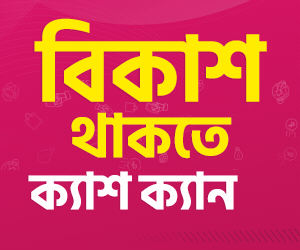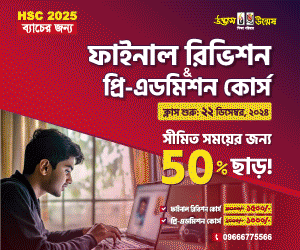Prime Minister Sheikh Hasina on Saturday inaugurated the much-anticipated metro rail service from Agargaon to Motijheel, the city's commercial district.
On her arrival at the Agargaon Rail Station, Communications and Bridges Minister Obaidul Quader welcomed her.
The PM also purchased ticket from the ticket vending machine. Plz release PM’s item. The PM traveled to Motijheel from metro rail's Agargaon station to mark the operation of this section.
Speaking to the media on her metro ride towards Matijheel, PM Hasina said that Bangladesh has not lost its path to prosperity and development.
She said that the commuters will now have a smooth and traffic jam- free movement. “It will save working hours, people will be benefited economically and move with the time,” she said.
Sheikh Hasina said that after assuming power in 2009, the Awami League government took steps to provide a smooth transportation system in Dhaka.
She thanked the Japan government and people involved with this project for their tireless efforts to implement the project.

This extends the country's first-ever metro rail's service from its starting point at Uttara to Motijheel. The Uttara to Agargaon section of the metro was opened by the premier on December 28.
Initially, metro rail on Agargaon-Motijheel section will be operated for four hours with three stations at Farmegate, Secretariat and Motijheel.
Rest of the stations will be opened in phases, according to the Dhaka Mass Transit Company Limited (DMTCL) officials.
Commuters can travel from Agargaon to Motijheel between 7:30 am and 11:30 am from November 5. There are seven stations on the Agargaon to Motijheel part of Dhaka Metro Rail. These are: Bijoy Sarani, Farmgate, Karwan Bazar, Shahbagh, TSC, Secretariat/Press Club and Motijheel.
Once the Agargaon-Motijheel part of Metro Rail opens, commuters will be able to travel from Uttara to Motijheel in just 38 minutes — a wonder by Dhaka standards.
Initially, five trains will run from Agargaon to Motijheel every 15 minutes and the number of trains will be increased gradually by reducing the time interval.
The cost of the country’s first ever metro rail project stands at Tk 33,472 crore. The Japan International Cooperation Agency (JICA) provided Tk 19,719 crore in the form of a loan to support the project, while the Government of Bangladesh funded the remaining amount.
In the beginning, the estimated cost of this project was about Tk 21,000 crore. The cost has increased due to the construction of an additional 1.6 km section from Motijheel to Kamalapur, acquisition of new land for each station, and the addition of various new facilities.
The main construction work of the project started in 2017.
The prime minister also inaugurated the construction work of MRT Line-5 (Northern route), which will run 20 kilometres from Hemayetpur to Bhatara via Gabtoli, Mirpur-10, Gulshan. The deadline to finish the TK 41,239 m-crore project is 2028.
MRT Line-5 (northern route) is the third of six metro lines the government is going to construct to establish a 140km network in Dhaka and its adjacent areas to reduce traffic congestion and pollution.
The physical construction work of MRT Line-1, the first underground metro rail in the country, started in February this year.
Currently, trains operate on the Uttara-Agargaon section from 8:00am to 8:30pm.
The length of the Agargaon to Motijheel section is 8.72km. Considering convenience, the route has been extended by 1.16 km from Motijheel to Kamalapur, which is expected to be completed by June 2024.
It takes 17 minutes to travel from Uttara to Agargaon on the metro, and it will initially require 14 minutes to reach Motijheel from Agargaon, meaning that the travelling from Uttara to Motijheel will take around 31 minutes.
Once all 16 stations between Uttara and Motijheel route become operational, the journey will take around 38 minutes.
Around 90,000 people use the metro rail daily and the number of users is expected to reach 5,00,000 when the route from Uttara to Motijheel is fully functional.
Each train can run at a speed of 100 to 110 km/h with 2,300 passengers. However, the speed will be lower in areas with bends.
After assuming power in 2009, the Awami League government took various initiatives to reduce the traffic pressure on the capital. Initiatives were taken to build metro rail across the capital to ease traffic congestion, according to the project details.
The metro rail will be able to carry 60,000 passengers per hour and half a million passengers per day, and one train will arrive at each station every four minutes.source: unb



